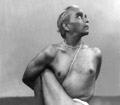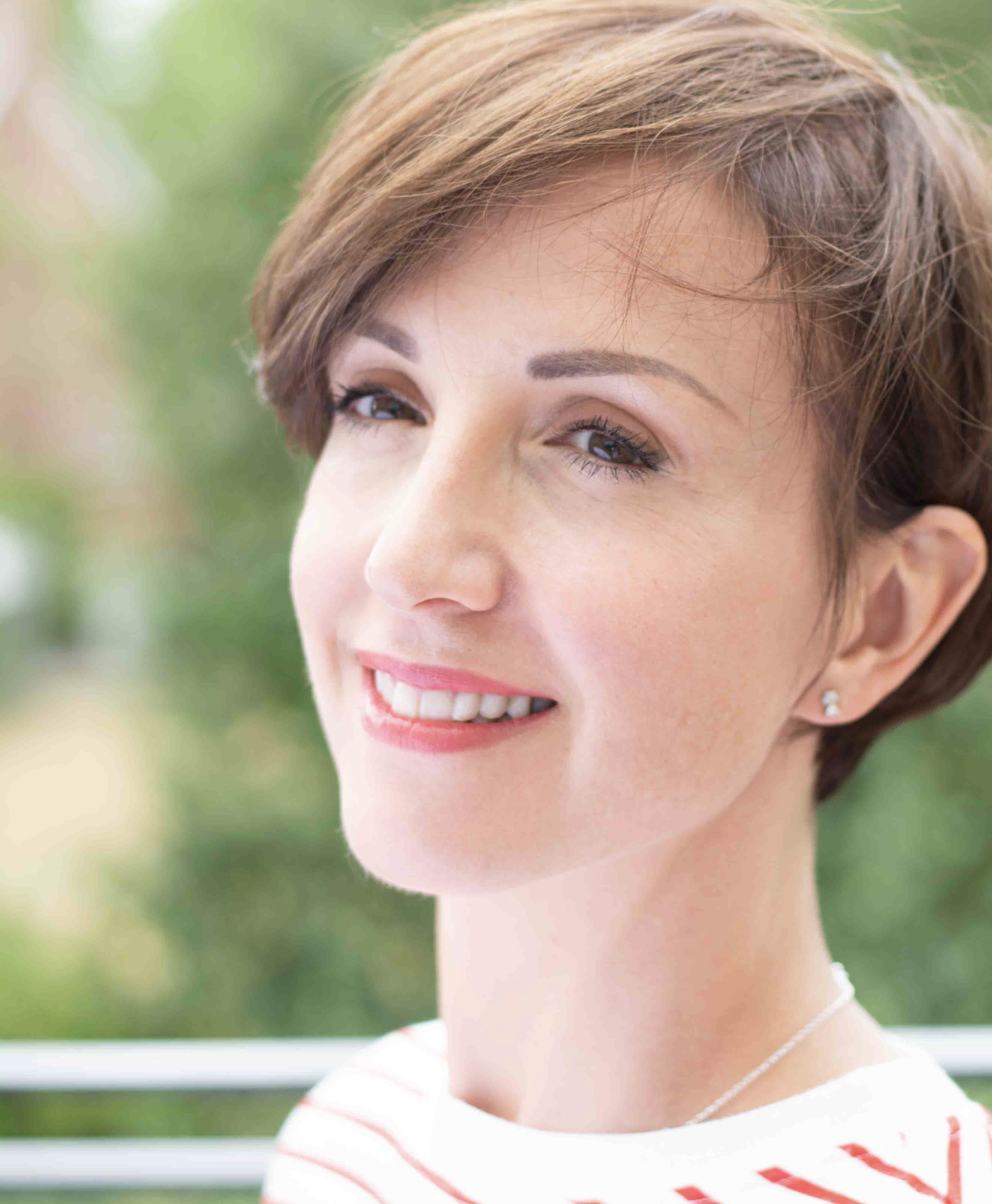![]()

I emerge from the class re-energised and totally relaxed. It is truly incredible how something so soothing as yoga can tone and strengthen your body, especially in places most other forms of exercise neglect!
Julia, Marketing Manager
Click on a question to see the answer
General guidelines
Please…
- Arrive 5-15 minutes before the class start time
- Avoid walking into the room during the quiet meditation at the start
- Switch your phone off (unless e.g. on call)
- Wear shorts or leggings so the teacher can see your legs
- Remove shoes before entering the room
- Advise the teacher if there are any changes in your health
- Pack away equipment at the end of the class
- Familiarise yourself with the location of the fire exits
- Pack away all of your equipment at the end of the lesson
What is Yoga?
Yoga is a system of Indian philosophy dating back to between 500 and 200 BC. The word ‘yoga’ is derived from the Sanskrit root ‘Yuj’ meaning to bind, attach or join. Yoga is the union of the mind, body and soul and a way of developing harmony. It is also the union of the individual consciousness with the universal consciousness. The physical postures, known as ‘asanas’ are one of eight stages of yoga…
More about the eight stages of yoga
What is ‘Iyengar Yoga’?
Iyengar yoga was developed by yoga master BKS Iyengar. This method places great emphasis on precision, alignment and safe working. Regular practice builds strength, flexibility, stamina and balance. The carefully graded and progressive system enables students to work at the appropriate level, from complete beginners through to advanced practitioners, so that you can enjoy the maximum benefit of Iyengar Yoga.
More about Iyengar Yoga http://www.iyengaryoga.org.uk
What are the qualifications and codes of practice for Iyengar Yoga teachers?
Iyengar Yoga teachers have all studied yoga for several years and will have undergone rigorous assessed teacher training. Iyengar yoga teachers are bound by the Iyengar Yoga Association Code of Practice and are committed to the Iyengar method: this means that they do not ‘mix methods’ from other disciplines or activities. Iyengar Yoga teachers must attend regular classes and workshops for continuing professional development and specialised training, as well as maintaining their own personal yoga practice.
How can Iyengar Yoga help me?
Different types of asanas (postures) and sequences have different effects on the body and mind. For example, the basic standing poses build strength and stamina whilst improving posture, alignment and flexibility. Yoga also trains and disciplines the mind, so concentration is improved. Yoga soothes the nerves and refreshes the mind and body – students often report sleeping better and having an enhanced sense of well-being.
What happens during an Iyengar Yoga class?
Classes focus on learning the physical postures, the asanas. You will be introduced to the basic asanas, which will include standing, sitting and resting poses. All the asanas have Sanskrit names. You will be shown how to use ‘props’, such as belts and blocks, so that you are comfortable and able to work to the best of your ability. Classes always end with a 5-10 minute period of guided relaxation in Savasana, ‘corpse pose’.
Will it hurt?
Any discomfort, usually due to stiffness, should be temporary. Stop if there is pain and tell the teacher who will offer adjustments or alternatives.
Where are the classes?
Diane teaches at two venues in Trumpington, Trumpington Pavilion and The Clay Farm Centre, click here Classes for more information.
How much do the classes cost?
Fees vary depending on class duration and venue, please see the class timetable. It is always cheaper to pay in advance for a course, even if you are going to miss a class. Concessions are available on a discretionary basis if you are genuinely unable to afford the full fee and would otherwise be unable to come.
Please go to Classes for more information
What shall I wear?
It is best to wear close-fitting leggings or shorts. It is important that your feet and ankles are visible so that the teacher can check alignment and correct working, so please avoid wearing long baggy trousers. You can get quite warm then cool down quickly so best to wear non-restrictive layers. Yoga is done in bare feet.
Do I need to bring my own mat?
Yes please bring your own mat to class. If you don’t have one and need advice before you buy one please get in touch with Diane. All other equipment will be provided. There are a few mats available to use at The Clay Farm Centre.
Can I eat before class?
Please come with an empty stomach to avoid nausea or discomfort, so leave 3-4 hours after a meal or 1-2 hours after a snack.
Do I have to breathe in a certain way?
No, breathing should be normal inhalation and exhalation through the nose. Try not to hold the breath or concentrate on the breath.
I might be late is it still okay to come into the class?
Please make every effort to arrive 5-10 minutes before the class start time. This is important, not only to avoid disturbing your fellow students and the teacher, but to ensure that you are physically and mentally prepared for the class.
If however you are unavoidably late, please do not enter the room during the first part of the class (when everyone is sitting quietly with their eyes closed): wait until everyone has opened their eyes and started to move, then come in quietly.
Why are some poses avoided during menstruation?
Inversions, along with some other asanas, are contra-indicated during menstruation. Please inform the teacher at the beginning of the class if you have your period and you will be shown alternatives. If you prefer, simply tell the teacher ‘I’m not going upside-down today’. For more information please read the attached publication by Dr. Geeta S Iyengar, ‘The practise of women during the whole month.’ This publication includes photographs of asanas that are recommended during menstruation.
I have recently been ill / had a injury can I come to class?
Please complete and return a health screen form prior to your first class and always advise the teacher if there are any subsequent changes in your health. If you are managing any minor ailment (such as a sprain or a headache), or if you are feeling more tired than usual, you should inform the teacher at the beginning of the class.
Health Screen
I‘m pregnant, can I still come?
Existing students who have been practising Iyengar yoga for some time are usually able to continue regular classes. If there is any possibility that you might be pregnant please advise the teacher at the beginning of the class. Pregnant women who have never practised Iyengar yoga are advised to wait until after they have given birth before starting classes.
Are children allowed to come to the classes?
Children and young people under the age of 16 may take part in general classes with a parent or guardian who is also participating. A Health Screen form is required, signed by the parent or guardian on the child’s behalf. Sorry but there are no creche facilities and only participating young people are allowed. For younger children, a specific children’s class is recommended.

 Find us on
Find us on